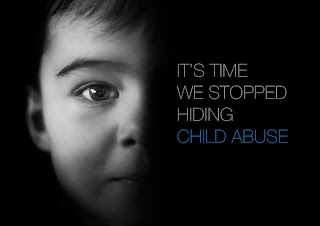Nathaniel Branden on Self-Esteem, Pleasure and Escapism

The following text is from Nathaniel Branden's book "The Psychology of Self-Esteem." Self-esteem and pleasure Pleasure, for man, is not a luxury, but a profound psychological need. Pleasure (in the widest sense of the term) is a metaphysical concomitant of life, the reward and consequence of successful action—just as pain is the insignia of failure, destruction, death. Through the state of enjoyment, man experiences the value of life, the sense that life is worth living, worth struggling to maintain. In order to live, man must act to achieve values. Pleasure or enjoyment is at once an emotional payment for successful action and an incentive to continue acting. Further, because of the metaphysical meaning of pleasure to man, the state of enjoyment gives him a direct experience of his own efficacy, of his competence to deal with reality, to achieve his values, to live. Implicitly contained in the experience of pleasure is the feeling: "I am in control of m...




